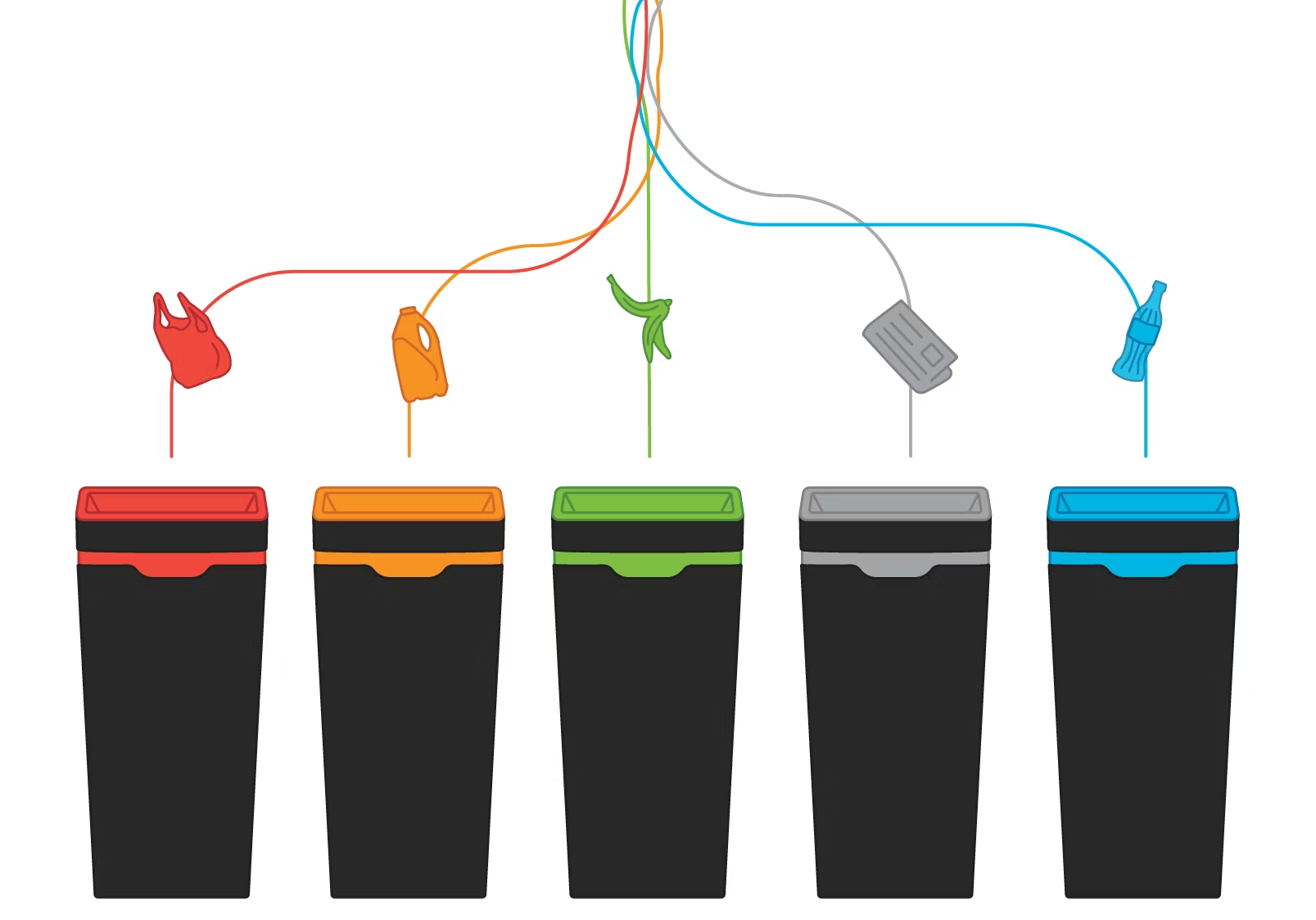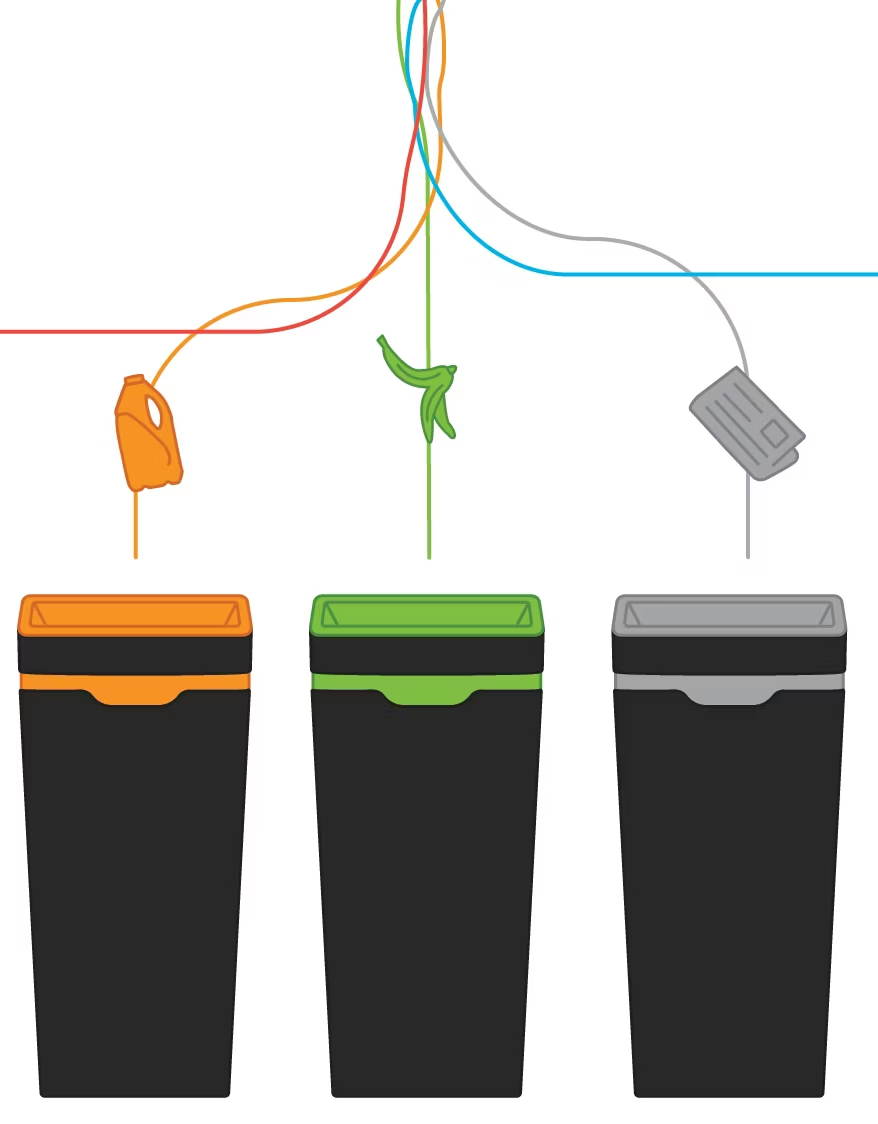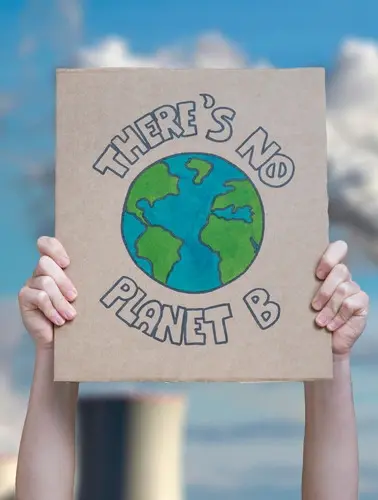

Blogs


Blogs

World Overshoot Day marks the moment when humanity has used up all the natural resources the Earth can regenerate in one year. Think water, forests, fish stocks, agricultural land and the planet’s capacity to absorb carbon emissions.
Everything we consume or emit after this date exceeds the Earth’s natural limits. In short: we’re running an ecological deficit.
How is the date calculated?
The Global Footprint Network compares:
When our demand outpaces nature’s supply, we enter ecological overshoot. The bigger the gap, the earlier the date.
In 1970, Overshoot Day landed in December. By 2025, it was already in late July.
Why World Overshoot Day matters
Because it’s a concrete sign that our current lifestyle is unsustainable. We’re demanding more than the Earth can give and that has consequences:
World Overshoot Day isn’t just a symbolic date, it’s a global warning light. Every day we delay it means more breathing space for the planet.
Our contribution: how we reduce our environmental impact
At BINBIN, we actively work to push the Overshoot Date back through sustainable construction, smart logistics, and circular thinking. Our impact strategy focuses on four pillars: transport, production, circularity, and awareness.
Let’s break that down. You’ll see how our approach makes a difference and how you can apply it too.
Imagine this: one day each year, we consume everything nature can regenerate in twelve months. From that moment on, we’re living on borrowed resources. That day is called World Overshoot Day. In 2025, it fell on July 24. And let’s be honest, that’s far too early.
But what does this day really mean? Why does it keep coming earlier? And most importantly: what can you and we at BINBIN do to push this date further into the year?

How it works
1. Transport: fewer miles, lower emissions
Transport is a major driver of carbon emissions. That’s why we invest in eco-friendly mobility in everything we do:
Want to reduce your own carbon footprint? Choose the train over a car. Walk or cycle when you can.
2. Production: building with a lighter footprint
Sustainable construction is one of the most effective ways to cut emissions and protect resources. Here’s how we do it:
3. Circular economy: smarter use of materials
A circular economy aims to keep materials in use for as long as possible. We make this real in our daily operations:
4. Awareness: change starts with knowing
Sustainable choices start with awareness. At BINBIN, we prioritize clear communication around every project:
Whether you’re a homeowner, a consumer, or a team leader knowledge is your superpower.
What you can do to reduce your ecological footprint
You don’t need to be a contractor or climate expert to make a difference. Your daily habits have real impact:
Every choice pushes Overshoot Day a little further into the year.
To push World Overshoot Day forward, we need to work together. Governments, businesses, and citizens must commit to clean mobility solutions, low-emission production, smart use of natural resources and circular design principles.
The technology is here. The knowledge is available. All we need is action.
Together, we move the date
Imagine if, in 2030, World Overshoot Day falls in November. Because we chose to build a world that regenerates instead of depletes.
This starts now. With your choices. And ours.
Let’s #MoveTheDate together.
Other articles